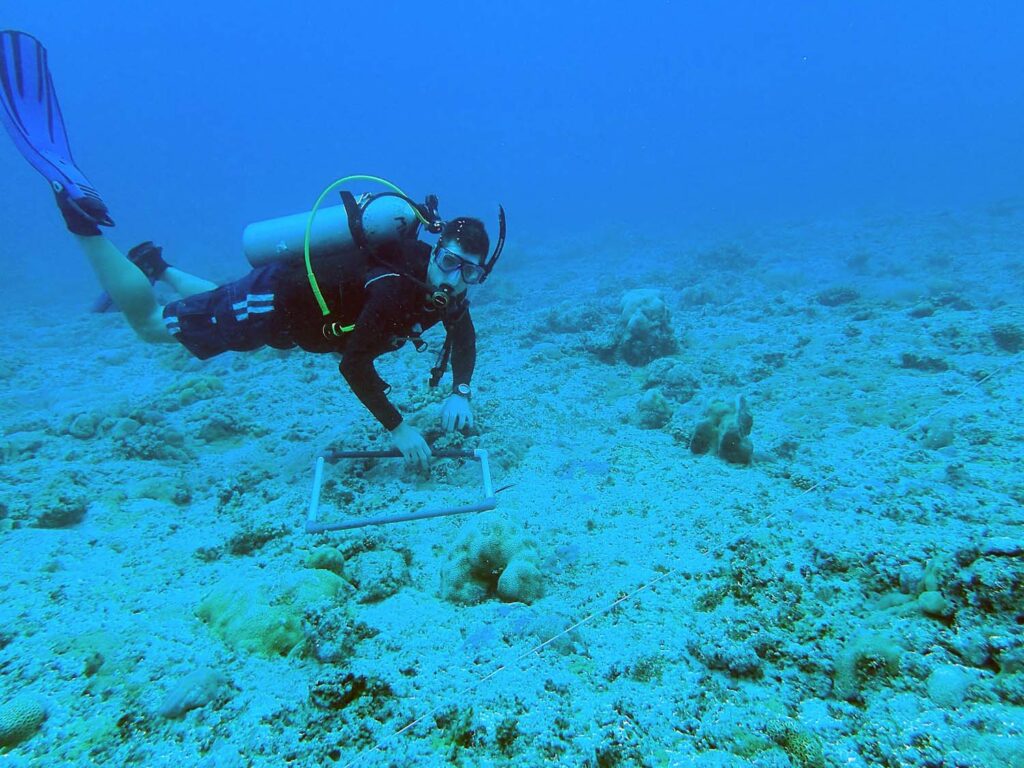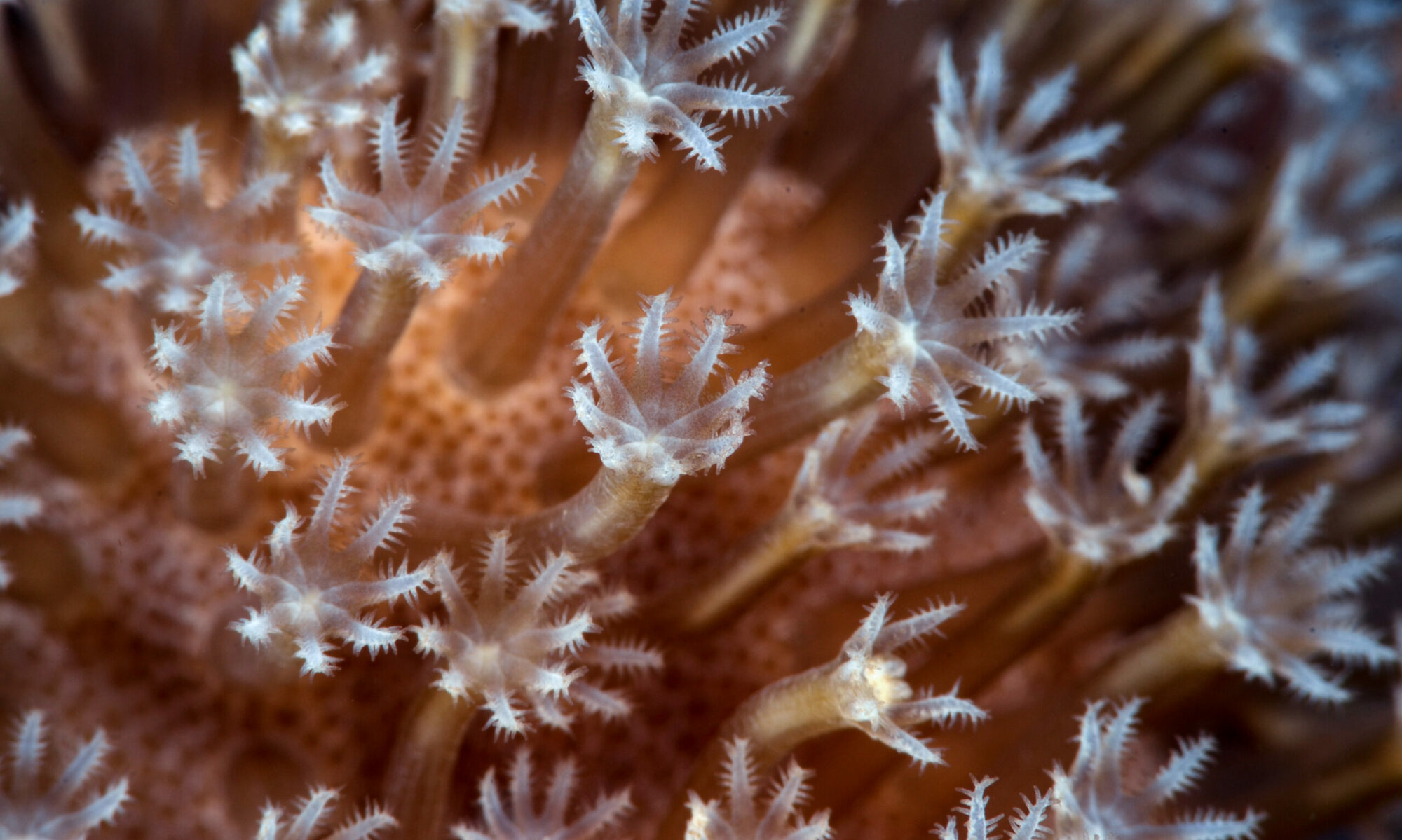
Students will have opportunities to engage in unique undergraduate and graduate research experiences with EPSCoR faculty.
The National Science Foundation (NSF) has awarded a $6 million grant to the University of Guam through its Experimental Program to Stimulate Competitive Research (EPSCoR) program for coastal ecosystems research. The funding is for five years and represents one of the single largest grants awarded in UOG history.
“The grant award is the culmination of a University-wide collaborative effort over the last three years,” said Dr. Robert Underwood, UOG President. “The EPSCoR project elevates the University into a new league for research endeavors and provides access to additional funding beyond the NSF through the EPSCoR network and a possibility of even more in the next funding cycle.”
The UOG Marine Laboratory will spearhead the EPSCoR project, which will evaluate how marine ecosystems and fragile coral reefs respond and adapt to environmental and climate stressors. Guam will function as a “living laboratory” to investigate the sustainability of marine coastal environments under changing sea levels, sea-surface temperatures, and water quality conditions in the Western Pacific.
“Our Marine Laboratory has been a top research location for researchers,” said Dr. Terry Donaldson, UOG Marine Laboratory Director. “With EPSCoR funding, the University of Guam’s capabilities will be greatly enhanced as it conducts cutting edge research on climate change effects on coral reef systems.”
UOG EPSCoR will incorporate scientific discoveries into regional teaching programs, graduate education and public participation in scientific research. The project will also enhance the University’s cyberinfrastructure and Internet connectivity to meet the comprehensive data exchange requirements of the project.
“We’ve always been proud of the first-rate researchers and teachers at UOG, but with this award we leap-frog into the front row,” said Dr. John Peterson, UOG Assistant Vice President of Graduate Studies, Research and Sponsored Programs. “Young scholars, faculty and students, will have new opportunities to participate and collaborate in an international network of higher education, and we expect to contribute more to our regional workforce through natural resources and IT management and support.”
The Principal Investigator for the grant is Donaldson, and Co-Principal Investigators are Peterson, Dr. Jason Biggs, Associate Professor, UOG Marine Laboratory and Dr. Laura Biggs, Assistant Professor.
The mission of EPSCoR is to assist the National Science Foundation in its statutory function “to strengthen research and education in science and engineering throughout the United States and to avoid undue concentration of such research and education.” For this grant cycle, NSF also awarded EPSCoR grants to Arkansas, Louisiana and West Virginia.
For more information, please contact Norman Analista, Acting Dir. of Integrated Marketing Communications at 797-3333 or email nanalista@uguam.uog.edu.


